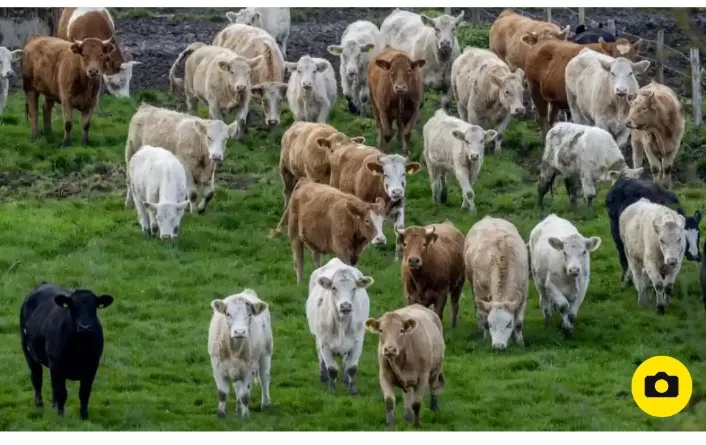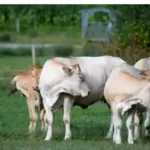Former officials within the United Nations’ Food and Agriculture Organization (FAO) have revealed a decade-long pattern of censorship and suppression concerning their research on the significant role of methane emissions from livestock in exacerbating global warming. These ex-officials, who spoke to The Guardian on the condition of anonymity, disclosed that their work estimating the contribution of cattle to rising global temperatures was muzzled due to pressure from agriculture-friendly funding states.
The allegations trace back to the aftermath of 2006 when these officials were involved in crafting “Livestock’s Long Shadow” (LLS), a groundbreaking report that brought the environmental impact of livestock emissions to the forefront of climate discussions. LLS attributed a substantial 18% of global greenhouse gas emissions to livestock, particularly cattle. This report jolted an industry that traditionally considered the FAO an ally, prompting an internal clampdown by FAO leadership.
One former official noted, “The lobbyists obviously managed to influence things. They had a strong impact on the way things were done at the FAO, and there was a lot of censorship. It was always an uphill struggle getting the documents you produced past the office for corporate communications and one had to fend off a good deal of editorial vandalism.”
Serving and former FAO experts disclosed that between 2006 and 2019, management made multiple efforts to suppress investigations into the connection between cows and climate change. They alleged that key passages in subsequent reports were rewritten and diluted, papers critical of large-scale agriculture were buried, critical officials were excluded from meetings and summits, and a campaign was waged against their research.
There are concerns among scientists about the FAO’s downward revisions of livestock emissions. The initial 18% figure published in 2006 was later reduced to 14.5% in a 2013 paper, and now stands at approximately 11.2% according to the “Gleam 3.0” model. However, some researchers argue that livestock emissions constitute a more substantial share of global emissions, possibly up to 20%.
Matthew Hayek, an assistant professor in environmental sciences at New York University, pointed out that the FAO’s reliance on modeling, rather than verifiable data, may be underestimating methane emissions from livestock, particularly in countries like the United States. He emphasized the need for constant validation of models.
Anne Mottet, FAO’s livestock development officer, defended the evolving figures as a result of improving data and methodologies, rather than reductions in livestock numbers.
Jennifer Jacquet, a professor of environmental science at the University of Miami, suggested that the FAO’s shifting stance on farm emissions was no coincidence and reflected the influence of the meat and dairy industry on policymaking.
FAO data is a crucial source for the UN International Panel on Climate Change’s reports on forestry and agriculture. The FAO is currently emphasizing the sharing of scientific innovation for global farmers and is focusing on sustainable livestock practices to reduce greenhouse gas emissions.
Neither the FAO nor representatives of the meat and dairy industry commented on the allegations.







